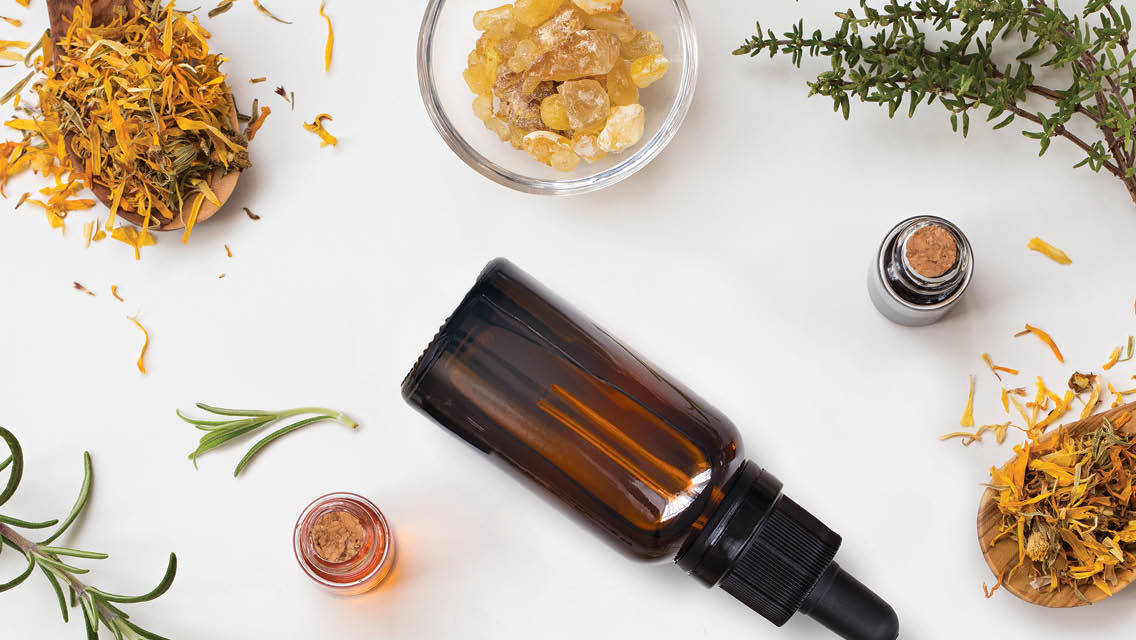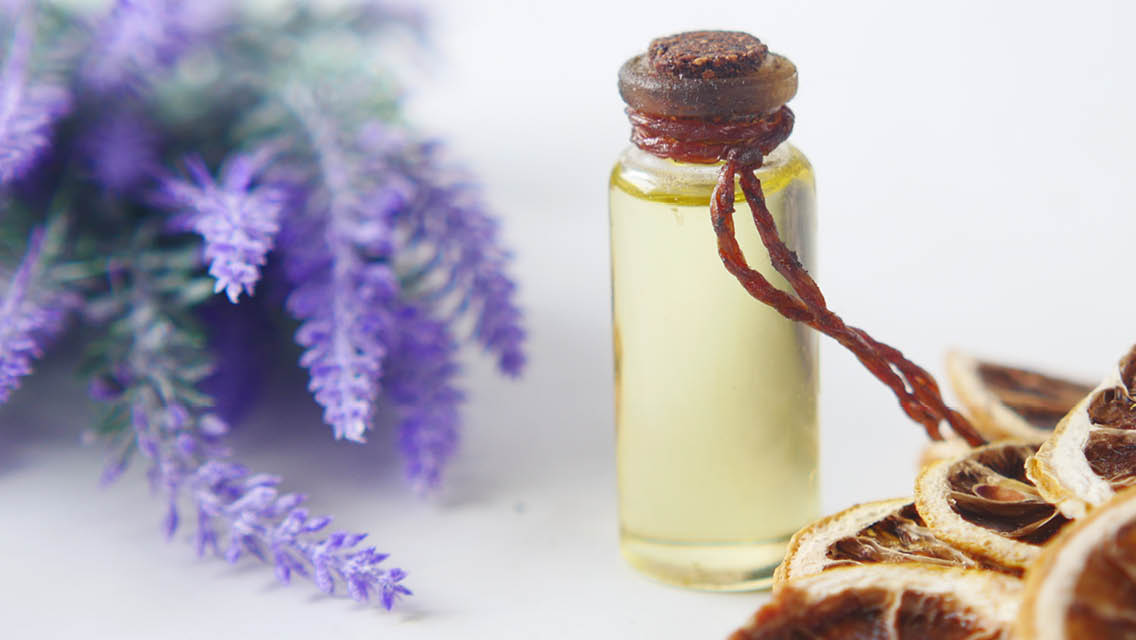You might see the word “aromatherapy” in a lot of places, including on the labels of scented candles and all sorts of personal-care products. It often just means that a product smells nice. And it’s true, pleasing smells can be therapeutic: Even just imagining the fresh scent of a pine forest or the briny smell of an ocean breeze can help us start to relax.
Aromatherapy also has genuine clinical applications. Integrative and holistic practitioners have long used essential oils to improve various health conditions.
Yet perhaps their strongest role has been in the mental-health arena. There are many oils renowned for their ability to ease anxiety, improve sleep, boost low energy, and lift depressed mood.
The right aromatherapy can be a key part of your emergency mental-health toolkit — and these oils are safe to use in conjunction with many medications.
One reason I like to recommend aromatherapy is that it works so quickly. Inhalation is the most direct route to the brain, where it stimulates the limbic system and produces an immediate effect on your emotional and physical state. (The limbic center regulates emotions and sense of smell, as well as long-term memory.) The nearly instantaneous effect of scent is very helpful when you’re trying to escape from an anxiety spiral.
Smells, both pleasant and noxious, also influence the autonomic nervous system (ANS) by way of the limbic system. The ANS regulates our unconscious physiological functions, such as breathing, heart rate, and blood pressure, and mediates the fight-or-flight stress response.
Some fragrant essential oils, like cinnamon leaf or ylang-ylang, seem to stimulate a response from the ANS, improving energy or focus. Others, such as lavender or geranium, appear to calm the ANS and lead to a feeling of greater ease or relaxation.
A Matter of Preference
Lavender and frankincense are two of my favorite calming scents, in part because I find them so pleasant. I also like bergamot, marjoram, and citrus. I apply a blend that includes all of those oils before bedtime. It helps me relax and enter a deeper sleep earlier in the night than when I don’t use it.
You may find it helpful to try a few individual oils, just to see what you like and how your body and mind react. You can use fragrant essential oils in an inhaler, which is the most convenient method, or as drops placed in a diffuser or on a piece of cotton or cloth held near your nose.
I prefer products that blend several oils into one, with a focus on energy, mood, or anxiety; I think blended oils produce a synergistic effect (see some of my favorites below). Experiment and see what works for you.
If you put an essential oil on your skin, as I do with my sleep blend, be sure that it is diluted in a carrier oil, such as almond oil. Otherwise, it can cause irritation.
Aromatherapy alone will probably not lift anyone out of a clinical depression or resolve a serious anxiety disorder, but essential oils can offer symptom relief with little expense and no real downside. And when you’re dealing with anxiety or depression, anything that gets you to take a long, deep breath is always a good place to start.
Go-To Scents
These are some of the oils I use for specific mind states.
- To soothe anxiety: lavender, geranium, or frankincense
- To increase energy and focus: spearmint, rosemary, or turmeric
- To lift mood: mandarin, bergamot, or citrus peel
Learn More
Looking to enhance the mental health of a loved one — or yourself?
We’ve curated a range of articles to help you support your mental health needs here.
This article originally appeared as “Deep Inhale” in the June 2021 issue of Experience Life.





This Post Has 0 Comments